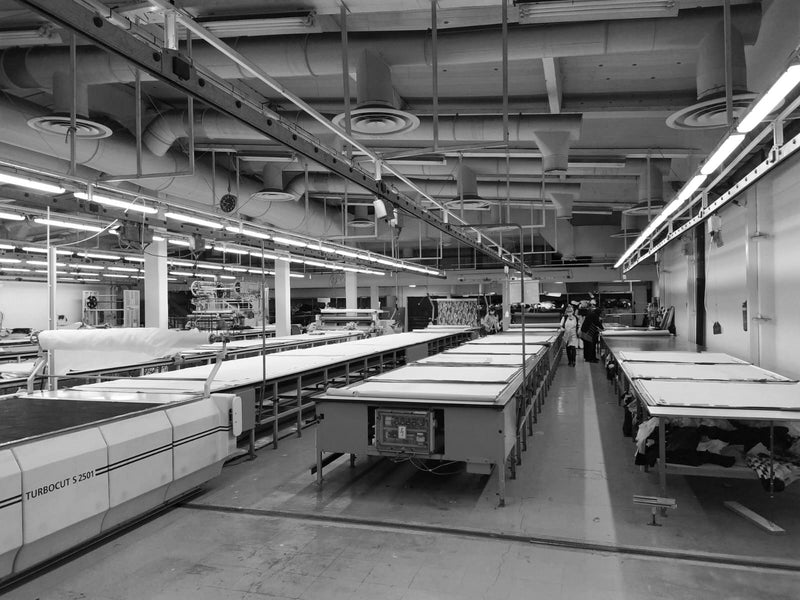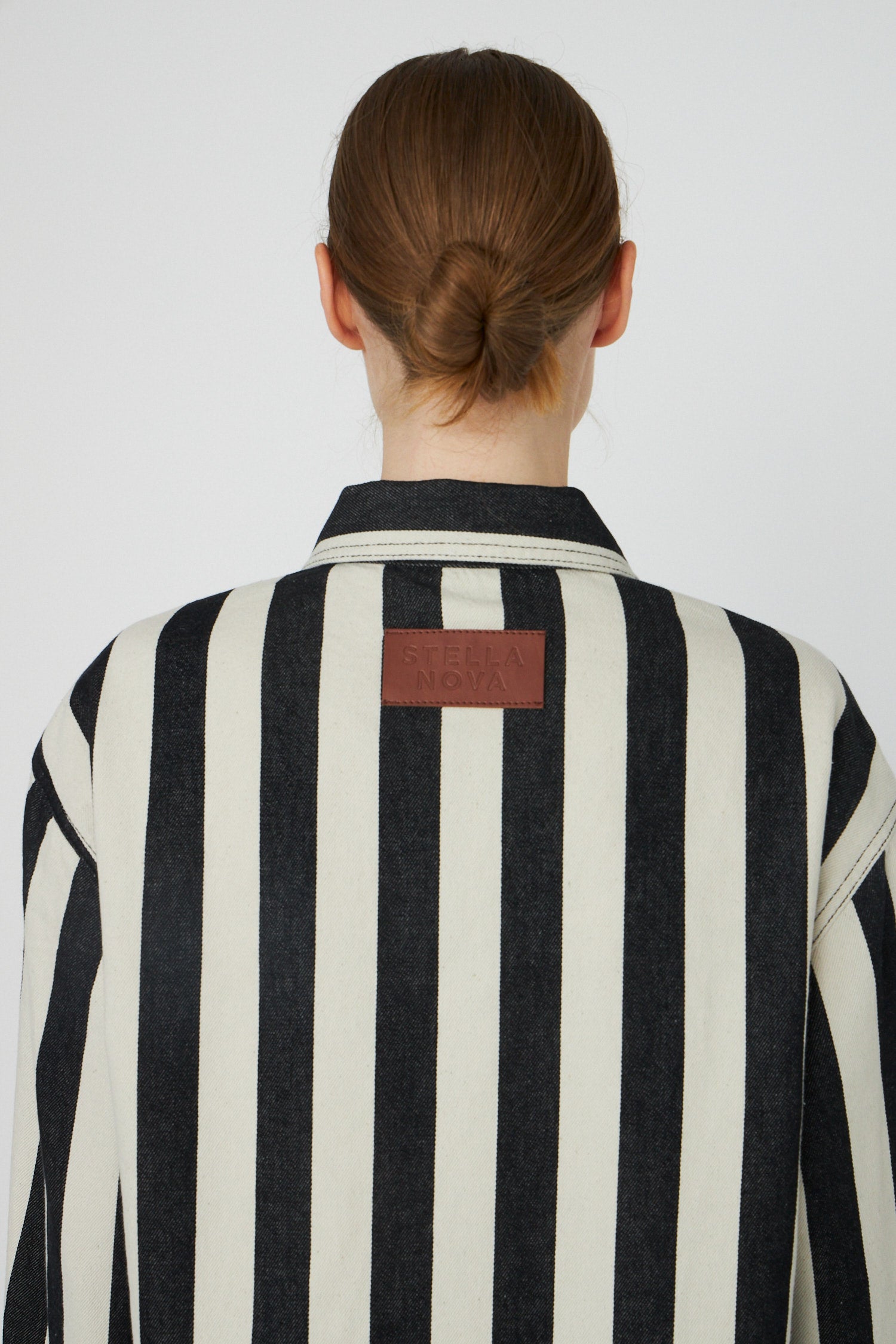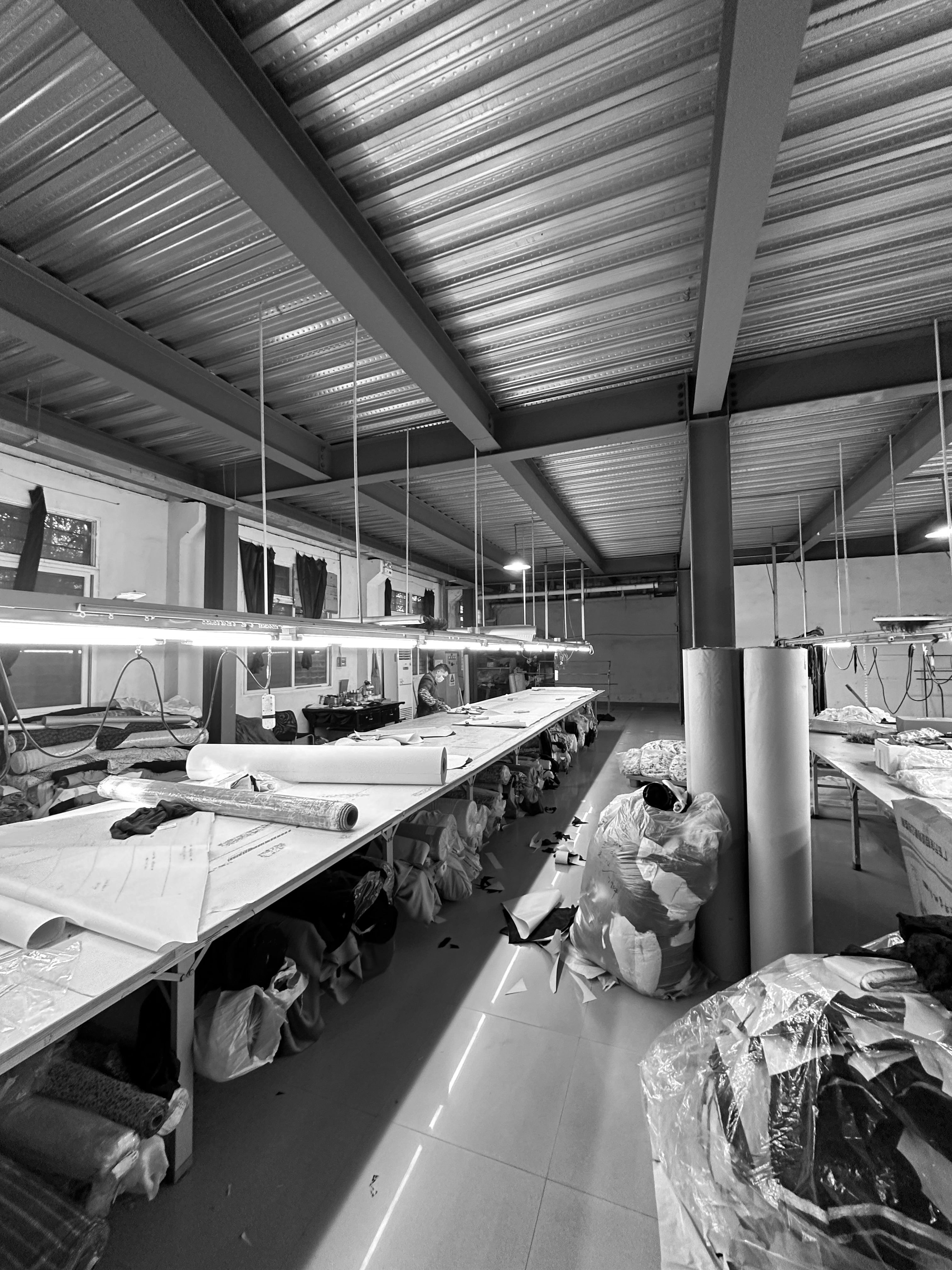Our Supplier Partnerships
We view our suppliers as some of our most important and valued partners, equal to our internal team at STELLA NOVA. Our suppliers bring STELLA NOVA’s creativity and visions to life by developing our collections and samples. We do not take this for granted, and we are humbled by the impact that our suppliers’ expertise and professionalism have on our success as a brand.
Some of our supplier partnerships have lasted for over 20 years, dating back to the founding of STELLA NOVA. This reflects a mutual dedication, where collaboration is a core value. We do not end a partnership when challenges arise – we work with the supplier to find solutions.
Our suppliers come from Peru, Bulgaria, Latvia, North Macedonia, Turkey, China, and India. Each supplier possesses unique competencies, enabling the creation of our collections—filled with different expressions and details.
Stella Nova Policies
STELLA NOVA has developed a Code of Conduct based on the UN Universal Declaration of Human Rights, the UN Global Compact, and the OECD Due Diligence Guidance for Responsible Business Conduct as part of our commitment to ethical business practices.
The UN Global Compact contains ten principles covering human rights, labor, environment, and anti-corruption. These principles originate from the UN Universal Declaration of Human Rights, the International Labour Organization’s Declaration on Fundamental Principles and Rights at Work, the Rio Declaration on Environment and Development, and the UN Convention Against Corruption.
In addition to our Code of Conduct, we have implemented five additional policies that reflect our company values.
Read more here:
Child Labour
Animal Welfare
Anti-corruption
Anti-slavery
Chemical Restrictions
Risk Assessment and Chemical Testing
As we produce and collaborate with suppliers across many countries, it is essential for us to perform risk assessments based on country, product, and chemical use. The goal is to identify and address potential challenges in the production process.
Based on our risk assessment tool, each supplier, country, and product receives an overall assessment that helps us focus on risk areas that may impact our business, the people involved, and the environment. Our risk assessment tool was developed by an impartial third party, Sustaina Company, which you can read more about here.
We conduct regular chemical tests to ensure our products meet our customers’ standards. At STELLA NOVA, we have implemented stricter chemical restrictions than the European REACH regulation by following an extended chemical restriction list.
Documentation is essential when we use certified fibers. As part of our internal due diligence process, we verify all certifications and documentation we receive.
Due Diligence
At STELLA NOVA, due diligence is an ongoing, integrated process designed to proactively identify and mitigate risks across our activities in different countries. This approach covers environmental and people risks, considering the multifaceted and varying risks in our industry and operational areas. At the same time, we ensure that we can adapt to a changing regulatory landscape with a robust due diligence framework.
Our due diligence policy undergoes quarterly reviews and updates to ensure compliance with regulations, best practices, and the changing needs of our stakeholders. This approach underscores our commitment to ethical business practices at STELLA NOVA.



